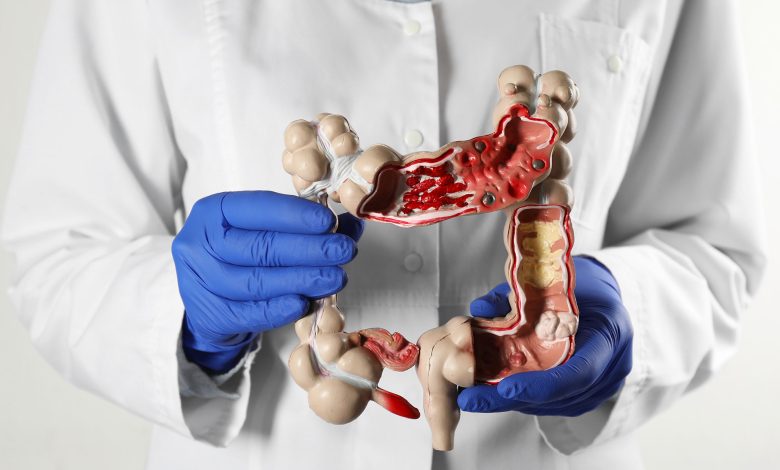Vowst, VE303, Rebyota, Bezlotoxumab Offer Hope For Recurrent C difficile Infection

Clostridioides difficile, commonly known as C. diff, is a toxin-based infection that can colonize the colon following disruptions in normal bowel flora, often caused by antibiotic use. Recurrent or relapsing C. diff infections pose a challenging problem for both patients and clinicians. Up to a quarter of patients treated with oral vancomycin may experience relapses, while the newer agent, fidaxomicin, may result in fewer relapses, though they remain common.
An approach called the extended pulse method, involving an extended course of oral therapy with vancomycin or fidaxomicin, has been used after the second or third relapse. Another option is bezlotoxumab, a human monoclonal antibody targeting C. diff toxin B, given as a one-time infusion. However, the cost, logistical challenges, and insurance approval can be obstacles to its use.
Fecal microbiota transplant (FMT) has emerged as a promising treatment avenue with success rates around 80-90% in lowering relapse potential. However, safety concerns have arisen due to the transmission of dangerous pathogens and drug resistance through FMT. Despite this, newer fecal microbiota products are being developed. OpenBiome offers an investigational product with an 84% success rate. Two FDA-approved products include fecal microbiota, live-jslm (Rebyota) from Ferring Corporation, which contains Bacteroides and is administered as a single dose by enema. The landscape for these treatments is still evolving, and ongoing research is necessary to assess their effectiveness and safety fully.
The Seres Corporation and Ferring Corporation have received FDA approval for two fecal microbiota transplant (FMT) products to treat recurrent or relapsing C. difficile infections. The Seres Corporation’s product, fecal microbiota spores, live-brpk (Vowst), showed a relapse rate of 12%, compared to 40% with placebo, in a phase 3 clinical trial. Vowst is orally administered, making it an attractive option for patients. On the other hand, Ferring Corporation’s product, fecal microbiota, live-jslm (Rebyota), achieved an 84% success rate in an investigational product from screened donors, given either by upper- or lower-GI applications. These products are used after completing a course of vancomycin or fidaxomicin treatment to avoid interference with the microbiome product.
Despite the excitement surrounding these newly FDA-approved products and the potential to improve patient outcomes, there are some concerns regarding cost, logistics, and safety in delivering the treatments. The products may be relatively expensive, and the one-time rectal infusion of Rebyota poses logistical challenges. However, the oral administration of Vowst offers a more straightforward approach. Additionally, other microbiome products like VE303, based on eight commensal strains of Clostridia, have also shown promise in phase 2 trials.
Overall, these commercialized FMT products hold hope for more reliable and effective treatments for recurrent C. difficile infections, offering a potential solution for patients who struggle with multiple relapses. As these products become more mainstream, it remains to be seen how they will be utilized and integrated into clinical practice in the coming months and years.





